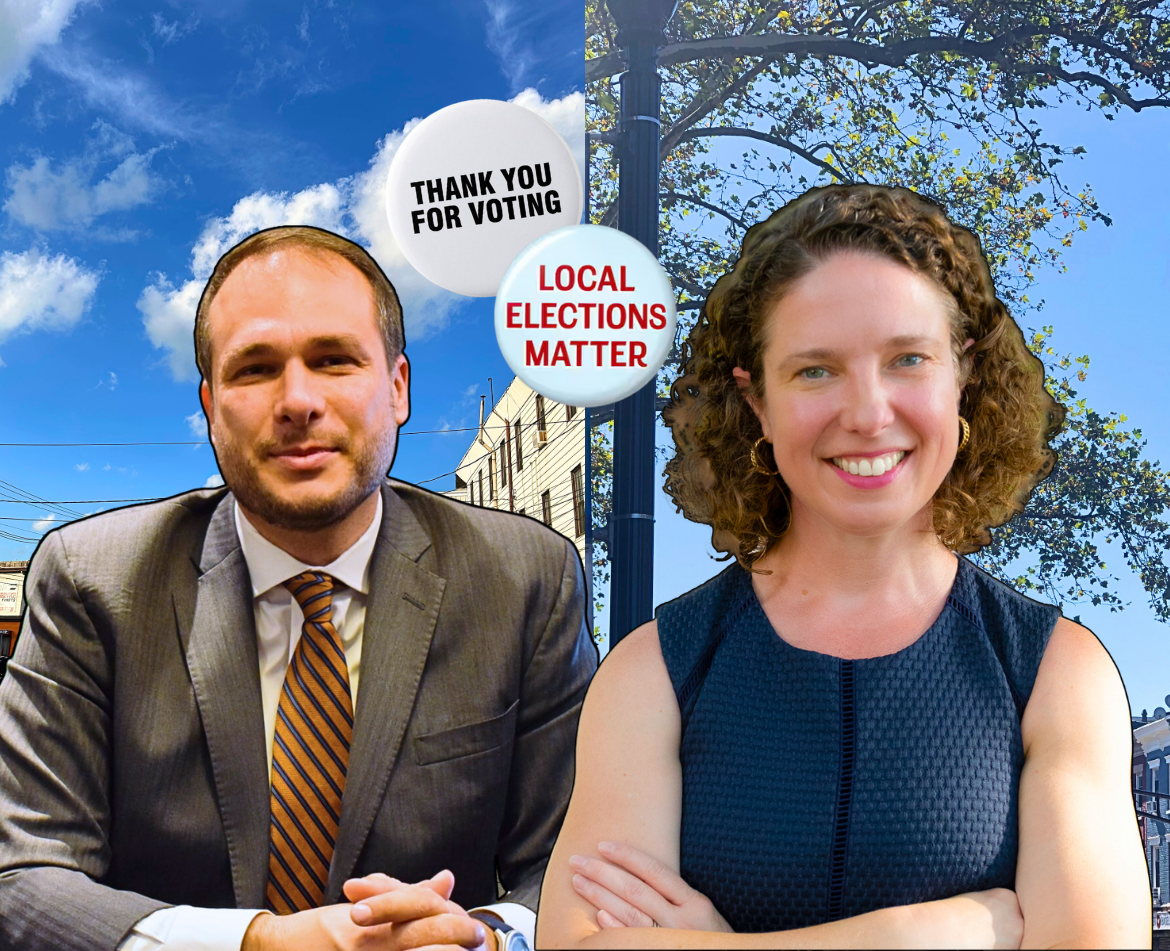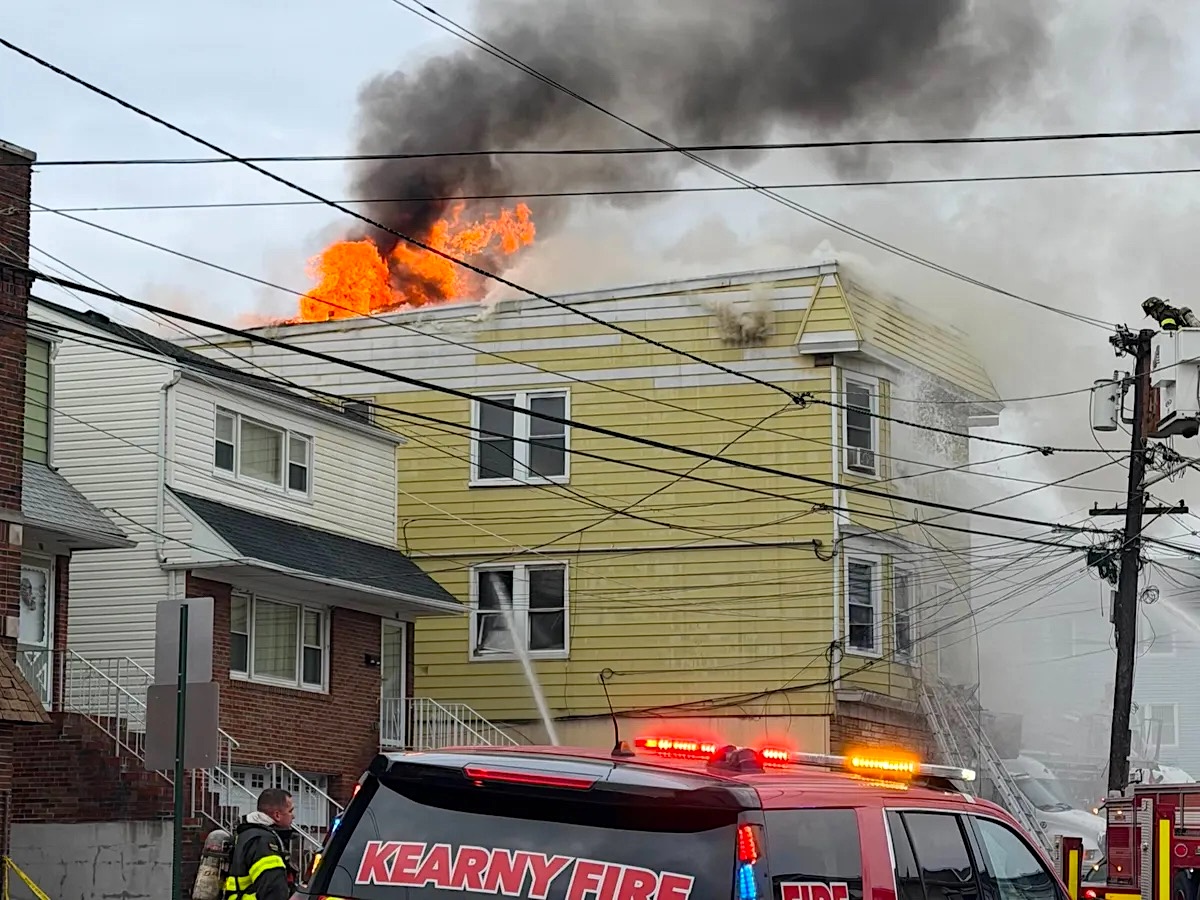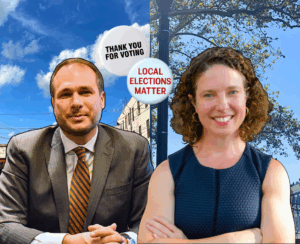Mental Health — we all have it, and now we should all strive to be more open and vulnerable about it.
TW: Abuse, harrasment, sexual abuse, rape, violence, trauma
Generational Trauma, also known as intergenerational or transgenerational trauma, is a concept created to help individuals identify years of trauma built within and crossed down from different generations.
There has been a lot of research done regarding how it leaves an impact on individuals and how it formulates within different people and families.
Intergenerational trauma transmits its way to younger generations with oppressive or traumatic experiences of historical events. Exposure to these early events, or adverse childhood experiences, — traumatic experiences such as child abuse, sexual harrassment, parental divorce, verbal, physical, mental abuse, rape, violence, neglect, and other triggering moments where we are exposed to danger — can be damaging to our development overtime.
A person’s environment has a lot more influence on how they grow throughout their life rather than just genetics.
It involves changes through a person’s DNA correspondingly to a traumatic event that gets passed down from generation to generation.
Generational Trauma is susceptible to anyone, but specifically to populations who have suffered from the following list mentioned above and being systematically exploited, oppressed, enduring extremely overwhelming circumstances, and suffering from poverty can all cause an impact that leaves a wounded scar on one’s genetics causing changes over time.
Intergenerational trauma looks and presents differently in everyone.
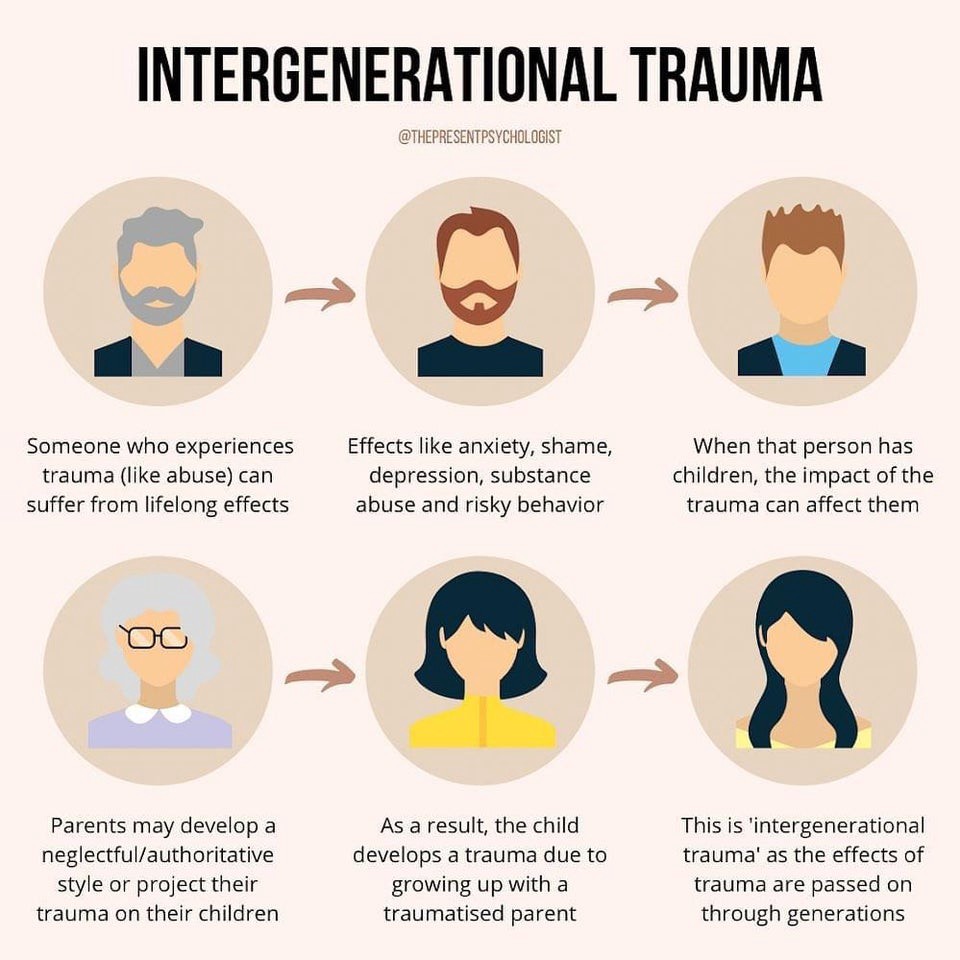
However, some symptoms that we may feel or witness most commonly include high levels of anxiety, depression, fear of no future, hypervigilance, nightmares, self-esteem issues, trust issues, short tempered fight-or-flight response, and PTSD-related symptoms as well.
Treatment for generational trauma can be resolved in different ways depending on what works best for the individual.
Therapy — both individual and group — can do some intense holistic healing for one’s families going through symptoms of generational trauma.
Practicing and getting involved in “ceremonial practices of communities” as well as bringing cultural significance and appreciation to one’s identity and surroundings that can go beyond sharing with families can do some generational healing as well.
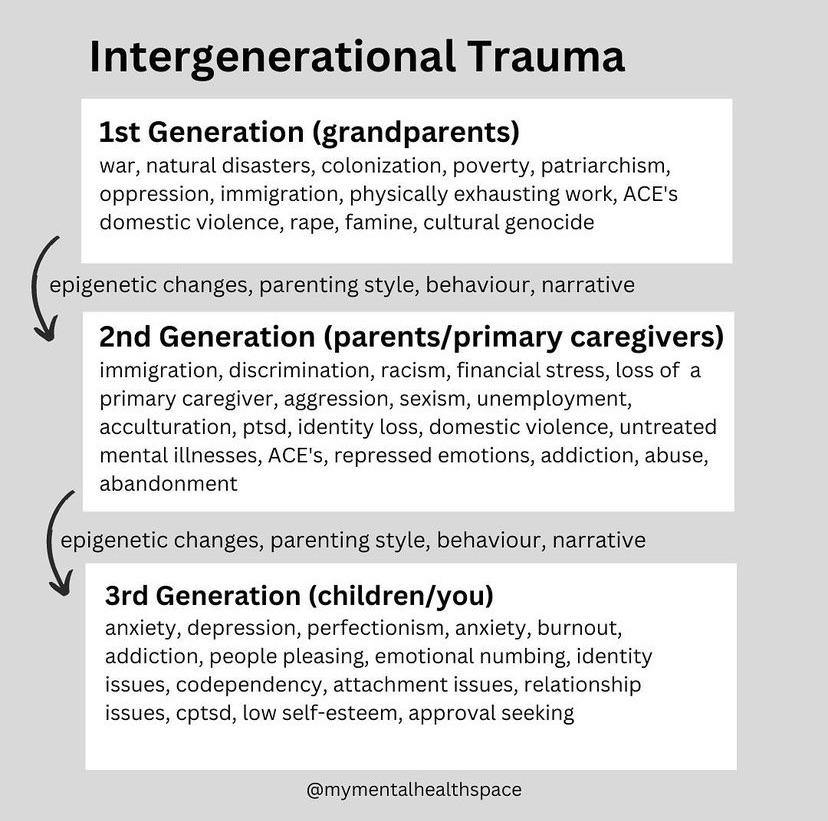
Lastly, bringing an awareness to families who may be suffering from generational trauma may also be effective towards starting the healing of learning what generational trauma is and ways to get supportive and professional help.
Each of the social determinants (healthcare, economic, work, housing, etc) we are able to obtain must get the utmost support in order to know when generational trauma is taking place and where and how to start to heal to eventually alleviate the negative impact of the generational traumatic cycle.
If you want a specific topic related to mental health covered, Daniella Mendez may be reached at [email protected].







